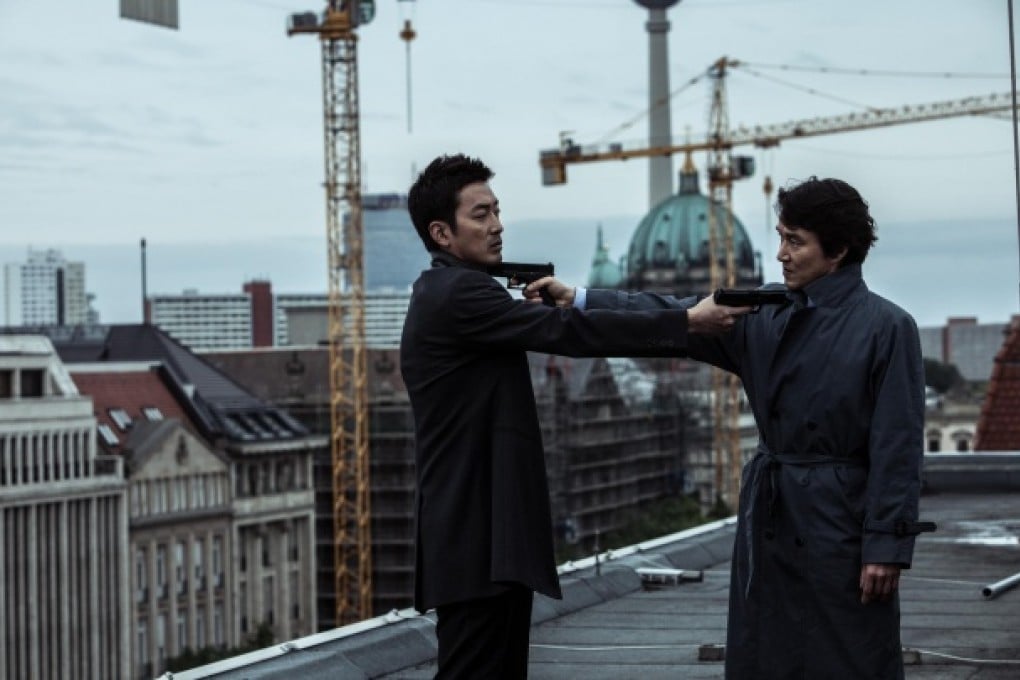Tension transplant: The Berlin File
Ryoo Seung-wan's spy thriller pits North against South in Berlin, writes Darcy Paquet

The city of Berlin might seem an odd setting for an action movie about North and South Korean spies. But on a visit to the Berlin International Film Festival in 2011, South Korean director Ryoo Seung-wan was suddenly inspired. "Berlin [was] a symbol of the cold war during the 20th century. Those tensions still exist on the Korean peninsula, so I thought it would be a meaningful place to set an espionage film that looks at our contemporary political situation," the 39-year-old says.
The result is The Berlin File, an unusually ambitious film made up of equal parts geopolitical intrigue, star power and elaborate action set pieces. After selling 7.2 million tickets and becoming the highest-grossing action film of all time in South Korea, it had its premiere here at the Hong Kong International Film Festival in March; it will get a commercial release this Thursday.
Ryoo has presented his tale evenhandedly so that viewers can empathise with many of the North Korean characters. One of the film's leads is an agent named Jong-sung (played by Ha Jung-woo, The Yellow Sea) who works out of the North Korean embassy in Berlin. In the opening scenes, we see him taking part in a covert weapons deal with an Arab militant group. But the meeting is broken up by Israeli Mossad agents, and suspicions are raised that someone inside the embassy is selling information. Soon, Jong-sung and his wife, Jung-hee (Gianna Jun Ji-hyun, The Thieves), are under surveillance.
Meanwhile South Korean agent Jin-soo (Han Suk-kyu, Shiri) believes Jong-sung may have information about the North Korean government's overseas slush funds.
You push your actors as hard as you can, and when they tell you they can't do any more, you break for lunch
The first half of The Berlin File, with its tangled web of intrigue and multilingual dialogue, has been described by some critics as dense and confusing. But as an extended chase narrative develops, Ryoo starts to incorporate the ambitiously staged action sequences he is famous for. In previous films such as The City of Violence (2006), Ryoo attracted notice for the gritty, realistic quality of his fight scenes. In The Berlin File, the action has been expanded in scope.